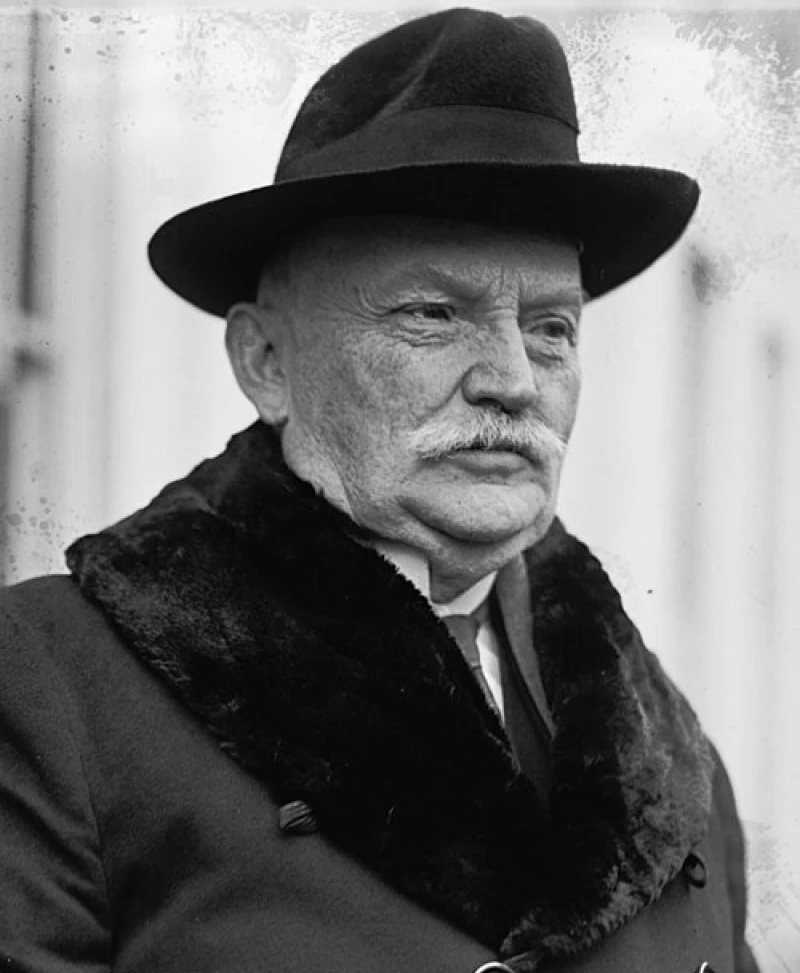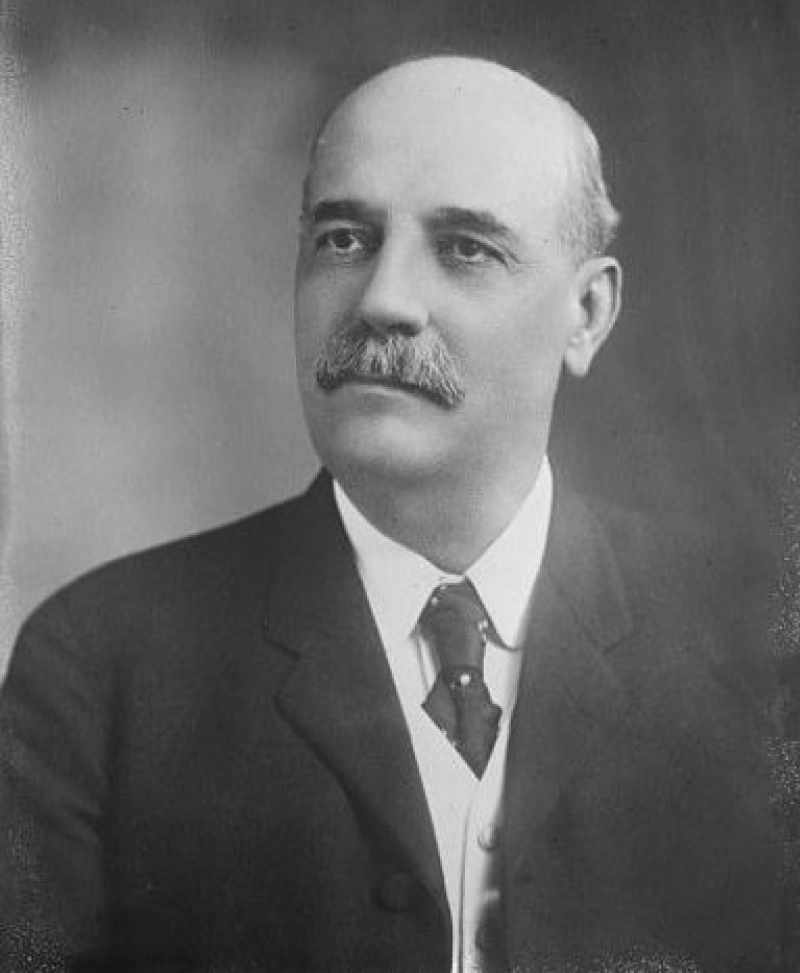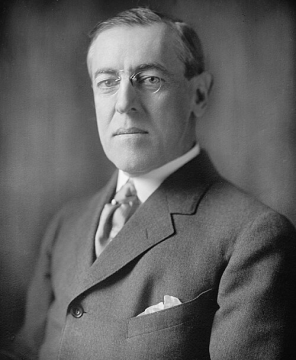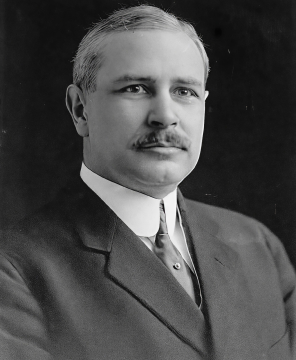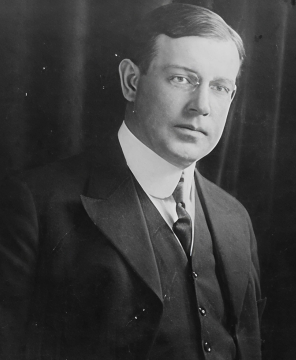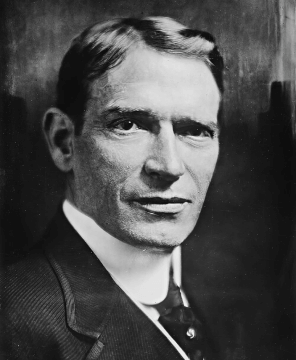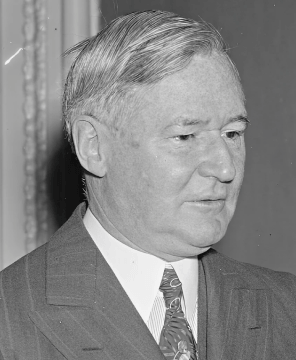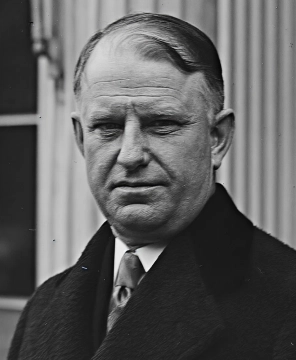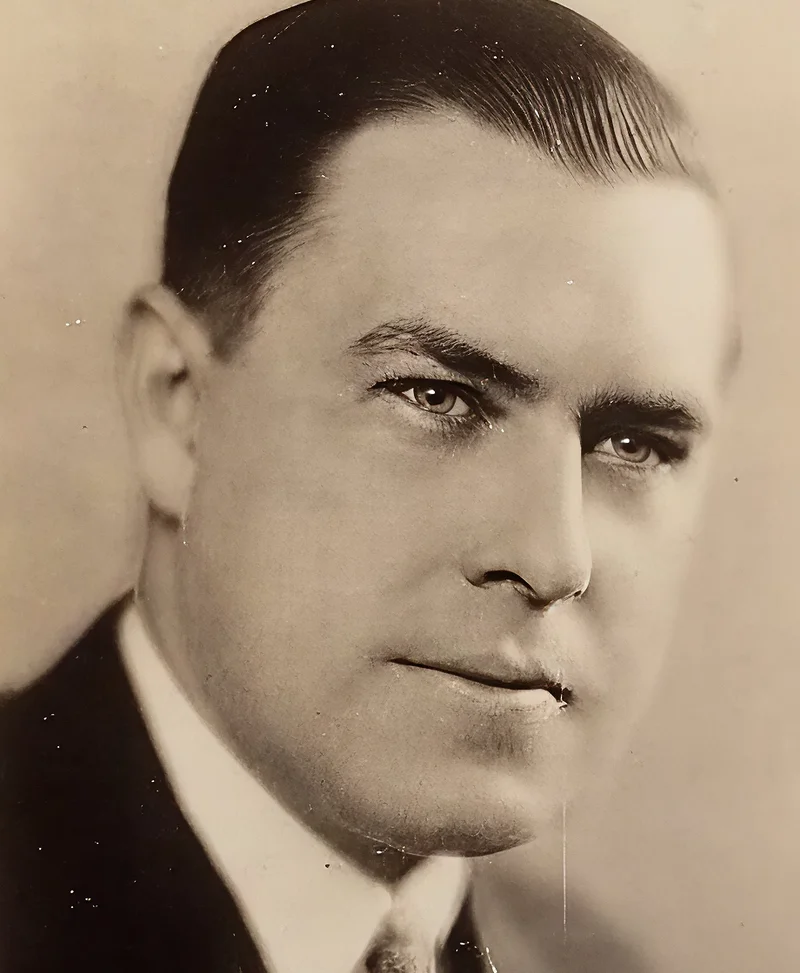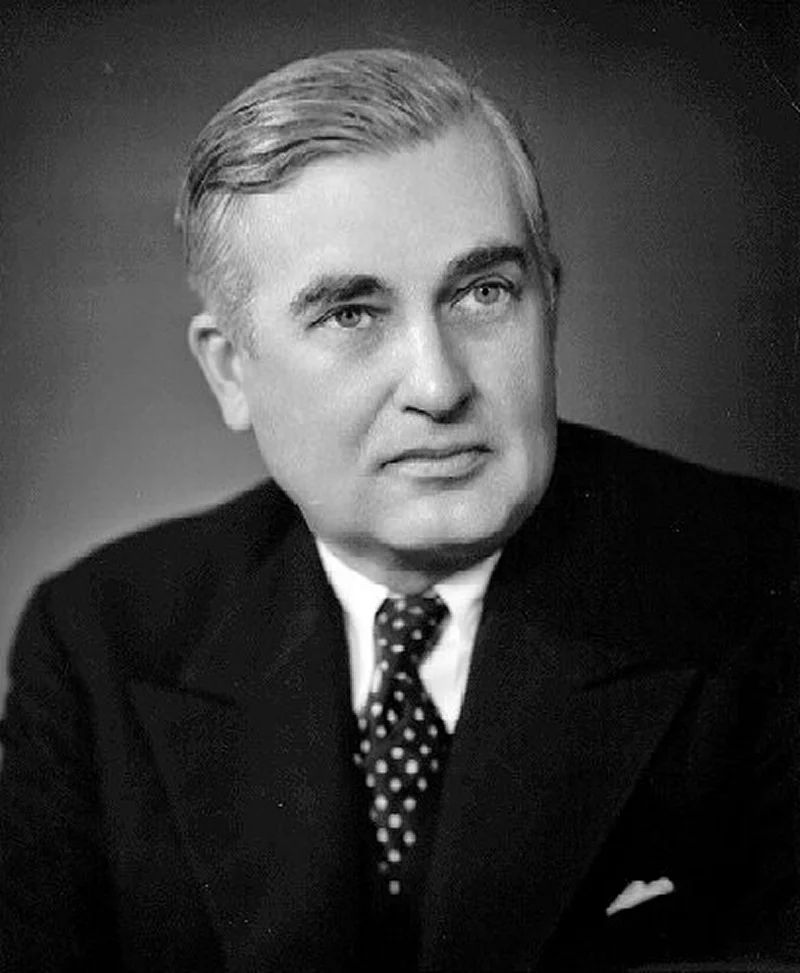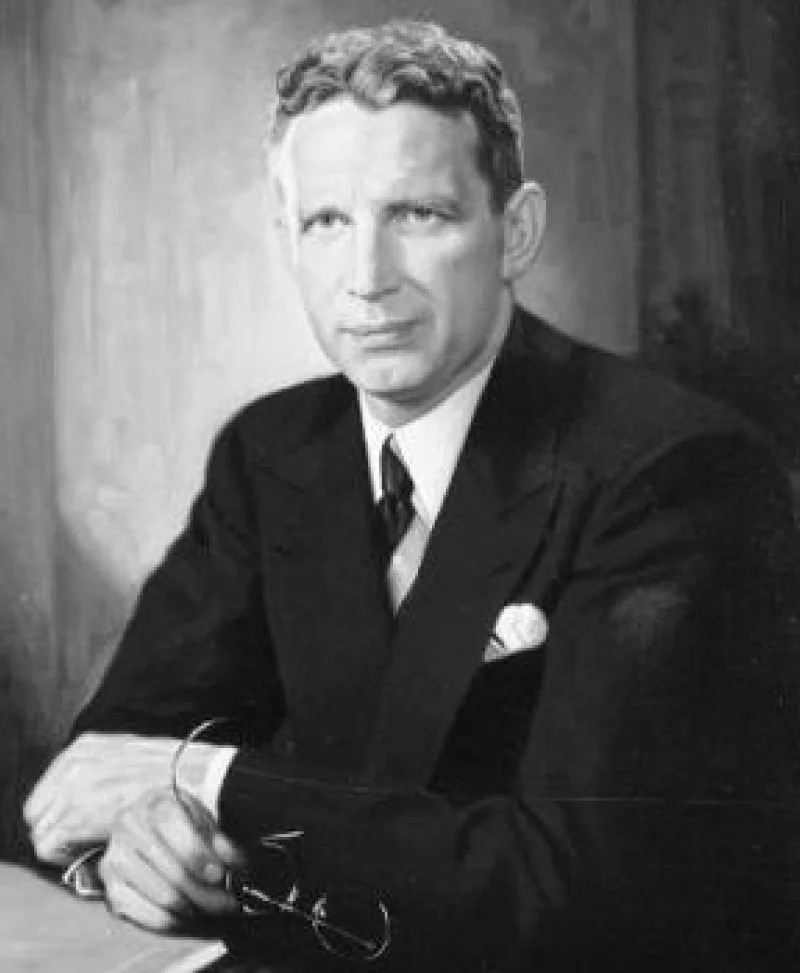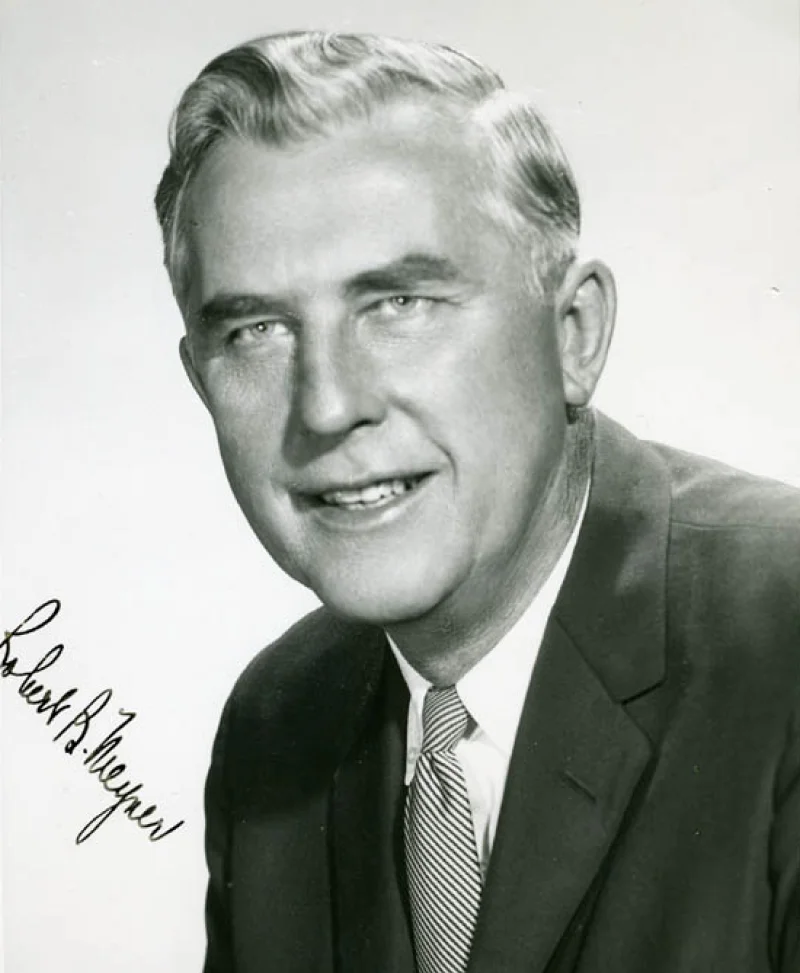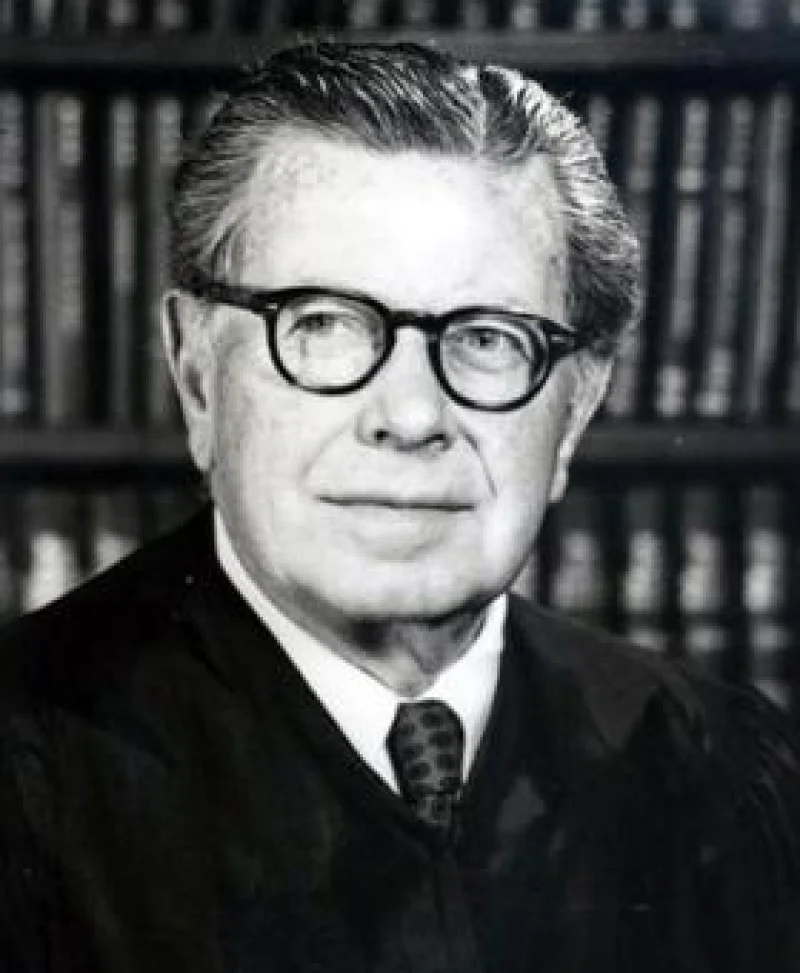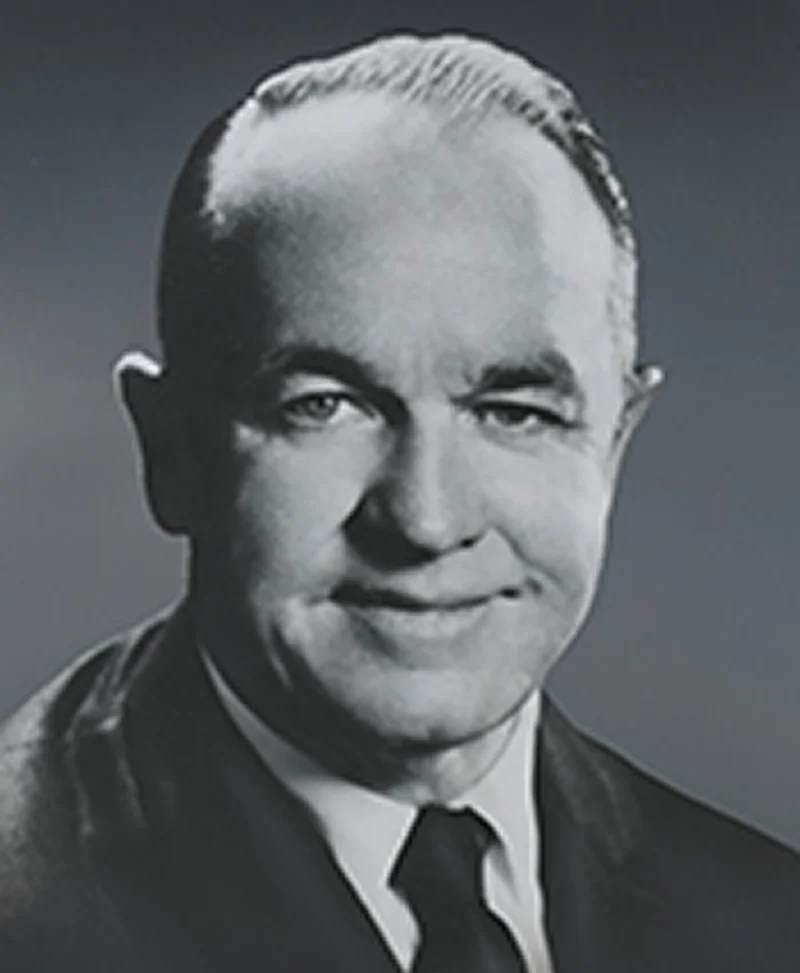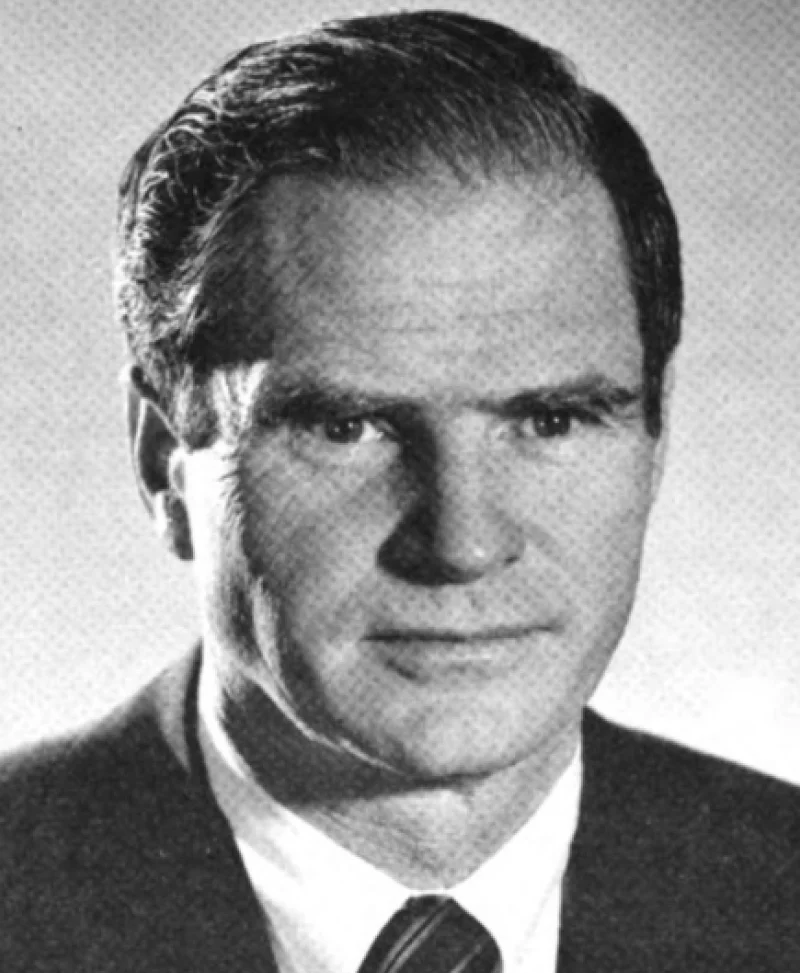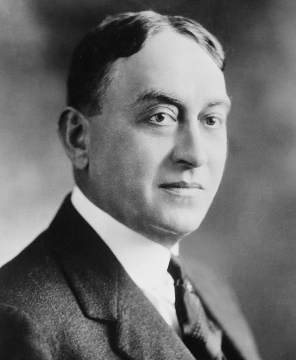
George Sebastian Silzer
- New Brunswick Public Schools;
- Rutgers College (attended);
- Self-studied law and admitted to the bar in 1892
George Sebastian Silzer
Overview
George Sebastian Silzer was the 38th Governor of New Jersey, serving from 1923 to 1926. A Democrat known for his integrity and independence, Silzer focused on progressive reforms, transportation regulation, and government efficiency during a period of rapid industrial and urban growth.
Early Life and Education
Born in New Brunswick, Silzer attended local schools and briefly studied at Rutgers College before reading law independently. He was admitted to the New Jersey Bar in 1892 and began a successful legal career in his hometown.
Political Career
Silzer’s public service began as City Attorney of New Brunswick and later as Prosecutor of Middlesex County (1901–1910).
He was elected to the New Jersey State Senate (1910–1913) and became known for his commitment to clean governance. Before becoming governor, he also served as a Judge of the Court of Errors and Appeals, the state’s highest court at the time.
Governorship (1923–1926)
As governor, Silzer promoted public utility regulation, road development, and labor protections. He supported progressive economic policies and resisted pressure from political machines, including from his own party.
His administration emphasized honesty and modernization, strengthening the executive’s role in supervising state agencies.
Later Life and Legacy
After leaving office, Silzer continued his career in public service, notably as Chairman of the Port of New York Authority (1926–1928), where he oversaw crucial bi-state infrastructure projects.
He died in 1940 in New Brunswick, remembered as a principled reformer who sought efficiency and fairness in New Jersey’s government.

